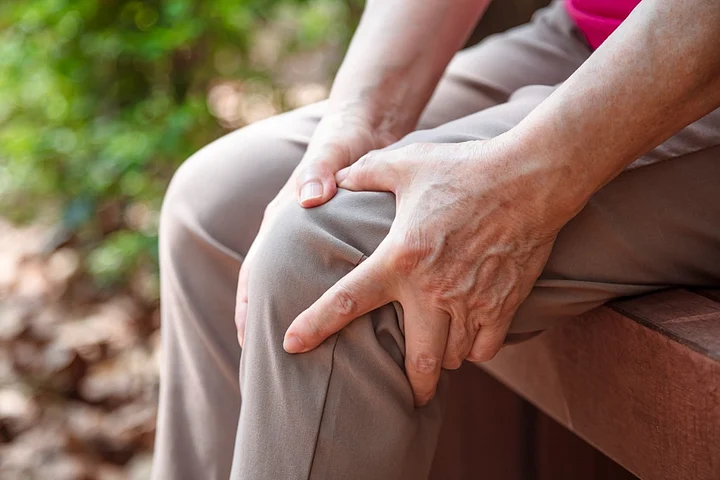Winter is here and so are the struggles and challenges that come with the season. Allergies, infections, colds, flu, arthritis, and joint pains are a few of them. One of the key characteristics of joint pain is sore knees, hips, and ankles.
It is not in your head but the winter weather actually causes slow, achy joints, making it hard to move. Research has proved that the cold can make muscles feel more tensed up and tight leading to less mobility and flexibility in the joints.
Here are a few simple tips that can help you manage the stubborn joint pain in winter.
How to Get Rid of Joint Pain in Winter?
Drink Plenty of Fluids: People often skip fluids in winter because they tend to feel less thirsty but make sure to drink plenty of water to stay hydrated and it will also prevent inflammation and reduce the friction between joint surfaces. According to the journal Experimental Physiology, even mild dehydration makes you more sensitive to pain.
Take your vitamin D: Research has proved that a lack of vitamin D can cause joint and bone pain. You can ask your doctor to recommend vitamin supplements or you can soak up all the goodness from the sun to avoid the reduction in vitamin D levels. You can also include vitamin D-rich foods in your diet.
Stay active: Winters often force us to lead a sedentary lifestyle thus making it difficult to stay fit or in shape. But studies prove that regular movement will not only help you stay in shape but will also promote flexibility promoting bone strength thus keeping joint pain away.
Eat well: We often sit in our blankets and binge-eat ice creams and waffles while enjoying the Christmas movies in winter but we have to push ourselves to maintain a healthy and balanced diet rich in fruits and vegetables like spinach, tomato, oranges, and cabbage. These fruits and vegetables are rich in antioxidants and can help reduce inflammation along with stiffness and joint pain.
Get Massages: A massage is an underrated therapy for joint pain. When a massage is given correctly and gently, it can provide temporary relief from joint pain and stiffness. Massage therapy should involve moderate pressure, and increased blood circulation to ease tension in your joints.
Try Physiotherapy: Consult your doctor before going for physiotherapy It is a treatment that will help restore, maintain, and promote mobility, function, and well-being.
(At The Quint, we question everything. Play an active role in shaping our journalism by becoming a member today.)
